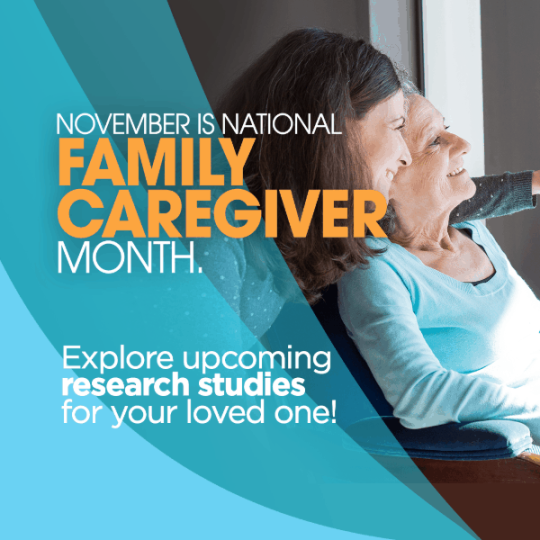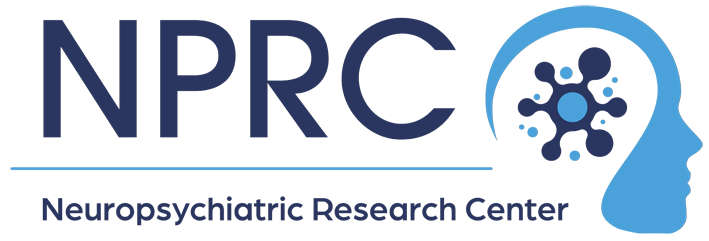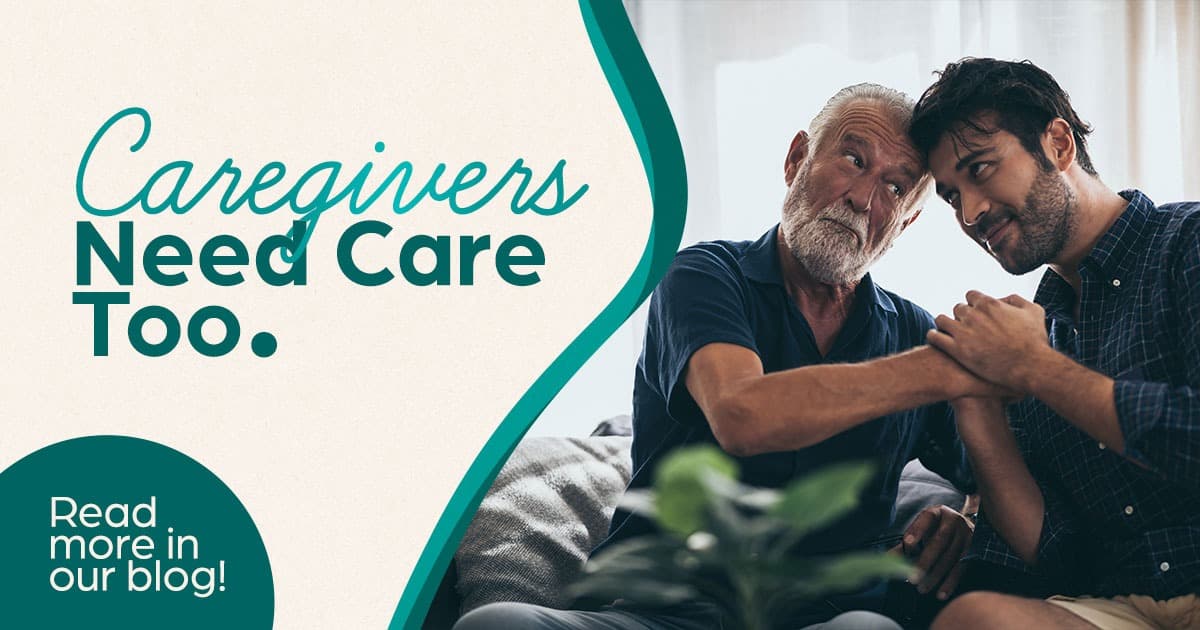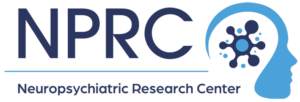A family caregiver manages health emergencies, juggles appointments, and personal care of their loved ones. November is National Family Caregivers Month. This year’s theme is “Caregiving Around the Clock.” The essential role they play in others’ health and well-being is the heart of why caregivers need care too.
Why Caregiving is Tough

A caregiver can be a spouse, partner, adult child, or another relative. In addition to caring for a loved one, they can hold full or part-time jobs, be responsible for their own families, and have other responsibilities. Caregivers rarely receive training, often do not receive pay, and are on-call 24/7 for everything we ask them to do, which includes:
- Buying groceries, cooking, cleaning the house and doing laundry
- Helping to dress a loved one, take a shower, and with their medicine
- Transferring someone out of bed/chair, helping with physical therapy, performing medical interventions—injections, feeding tubes, wound, and other treatments
- Scheduling and driving to medical appointments
- Talking with doctors, nurses, and other medical staff to understand what needs to be done
- Handling finances and other legal matters
- Being a companion
Taking Care of Yourself Too
Being a family caregiver doesn’t mean that you need to take care of someone else at the expense of your emotional, physical, and financial health. Taking care of yourself first means that you can be a better caregiver for your loved one. Caregiver.org has the following things to remember so you can take care of YOU too:
- Eat right—good nutrition as opposed to stress-snacking. Limit alcohol and other drugs
- Exercise—it may be hard to find the time, but it’s the best cure for depression and increases your endorphins (“good” coping hormones)
- Sleep—7-8 hours is hard to get but essential. Admit when you are experiencing burnout and get help
Providing care for a loved one is the most important role you will play in their lives. You are the gatekeeper that helps determine the quality of life during this time, particularly for those with Alzheimer’s and other dementias. The Neuropsychiatric Research Center of Southwest Florida is dedicated to finding effective treatments for those with Mild Cognitive Impairment (MCI) and Alzheimer’s Disease (AD).

Early detection and advancing treatments are crucial for this disease and other conditions that affect us as we get older. To learn more about how you can get involved in our upcoming clinical research studies here at NPRC, call (239) 939-7777, or visit our studies listing page.
References:
https://caregiveraction.org/resources/10-tips-family-caregivers





